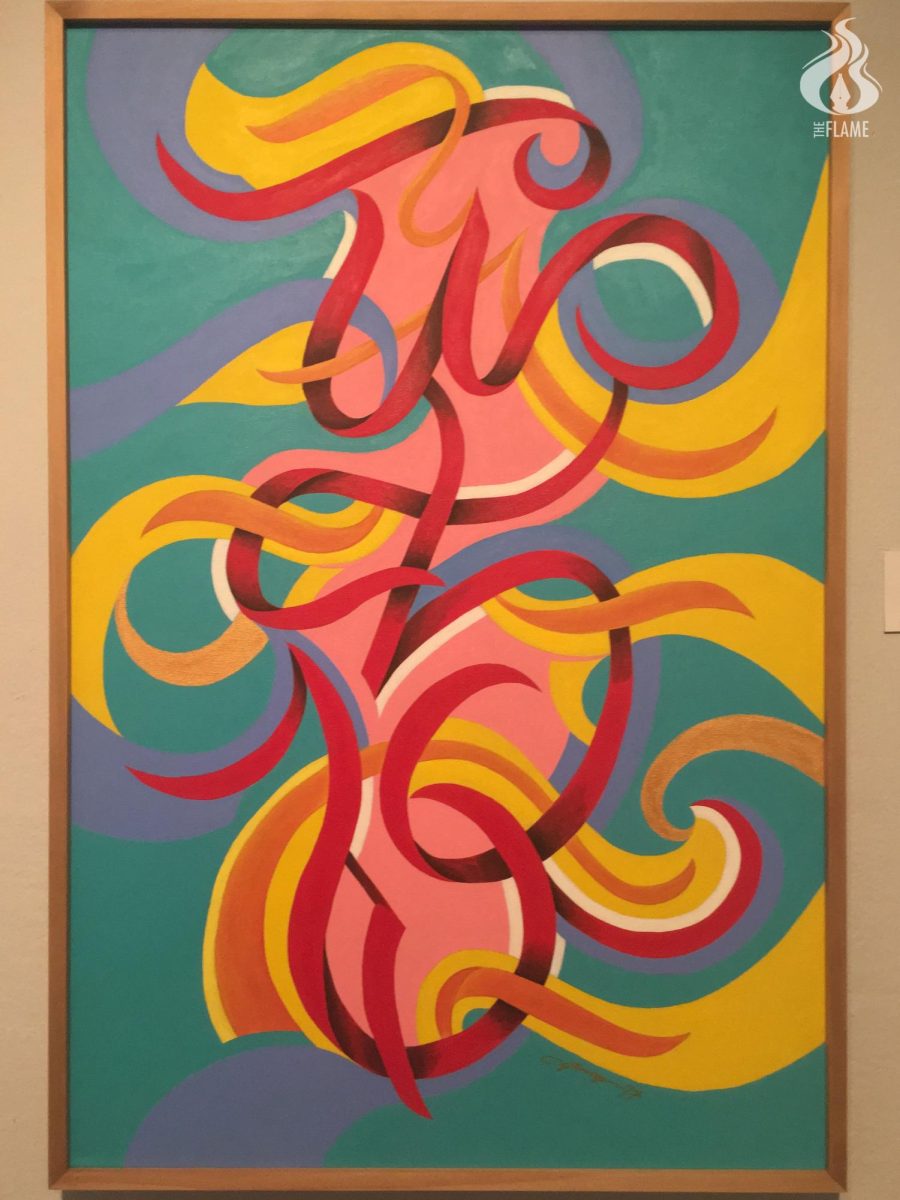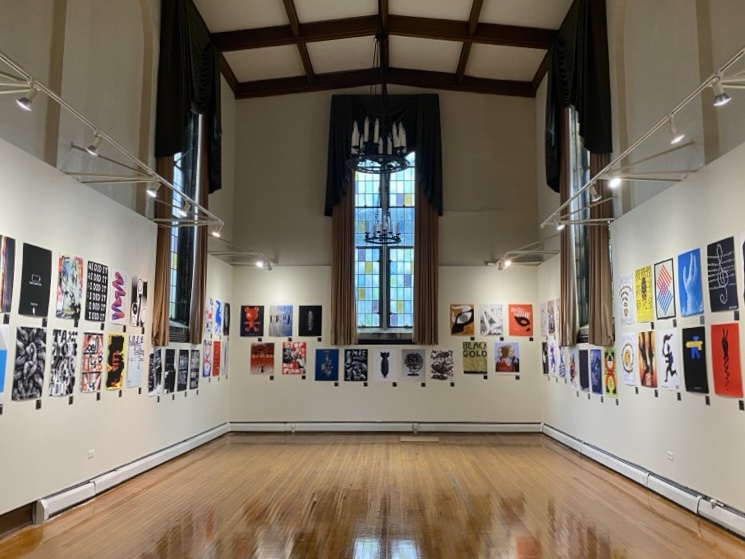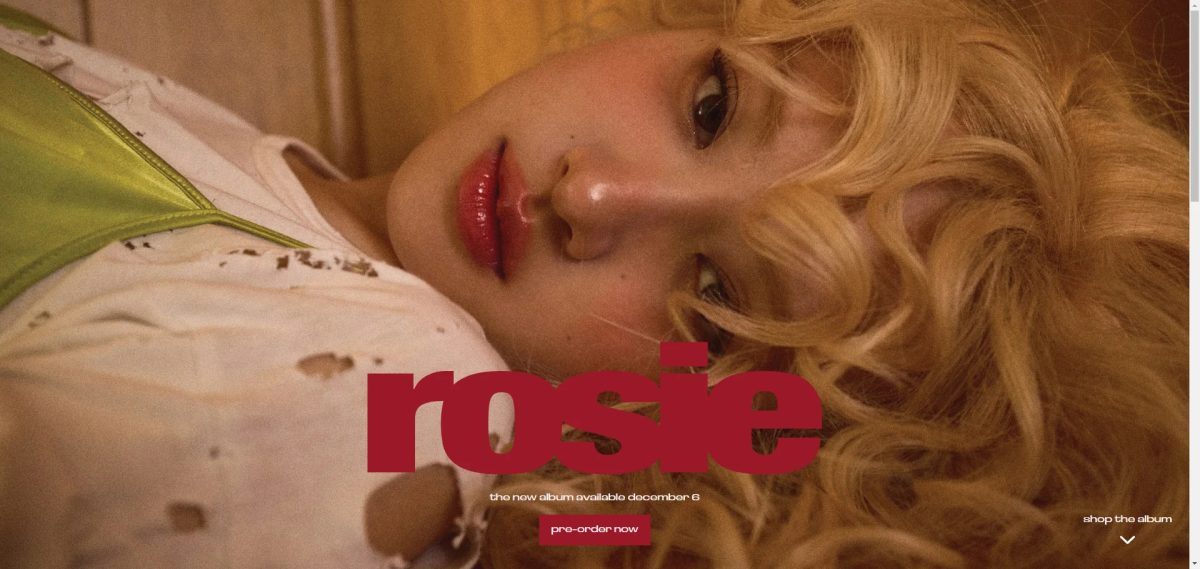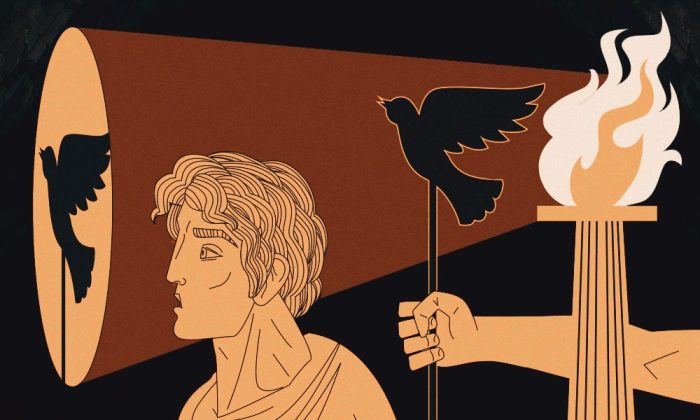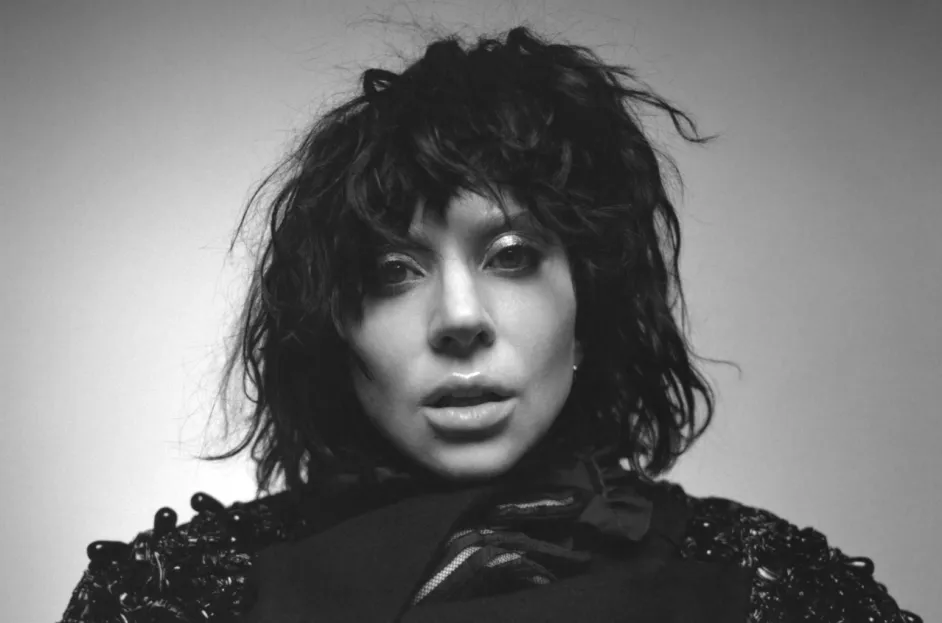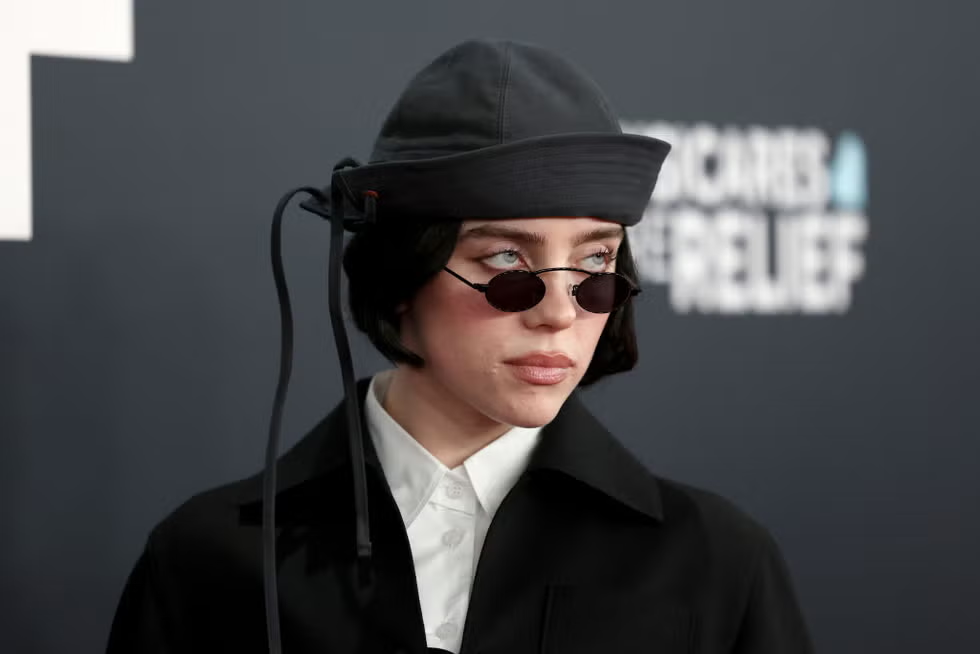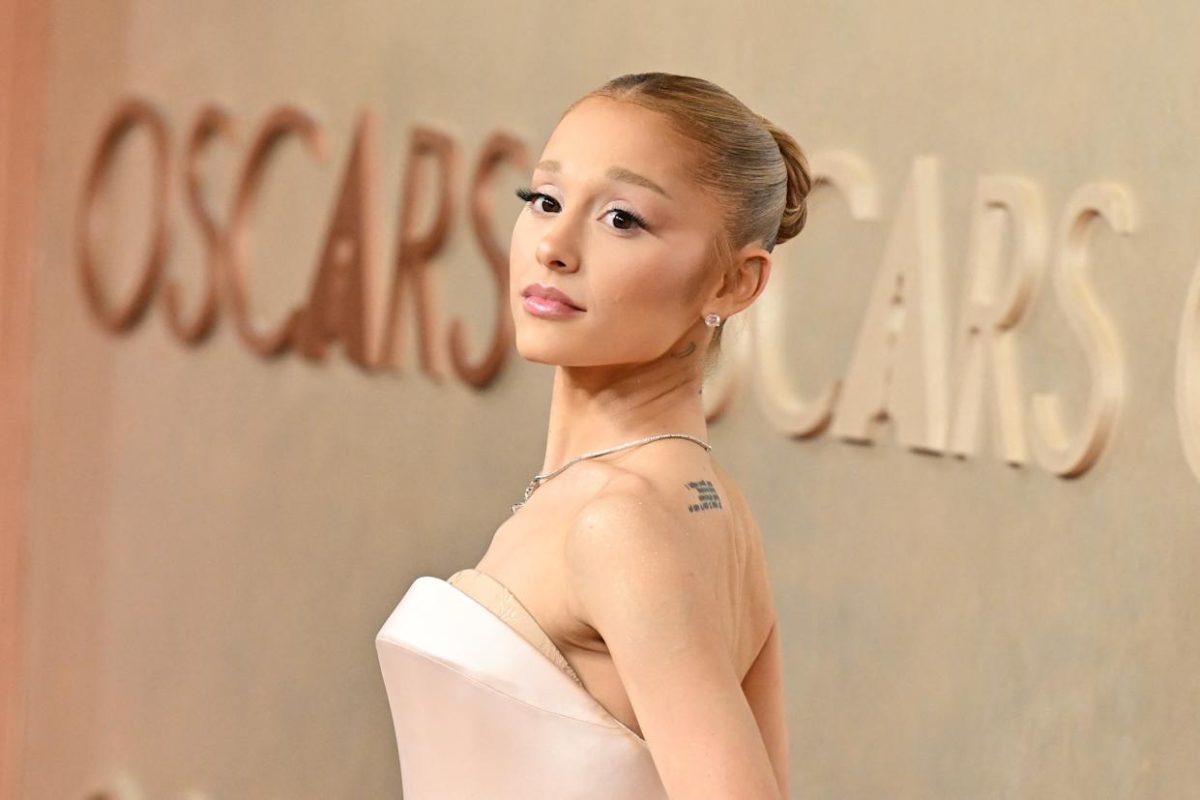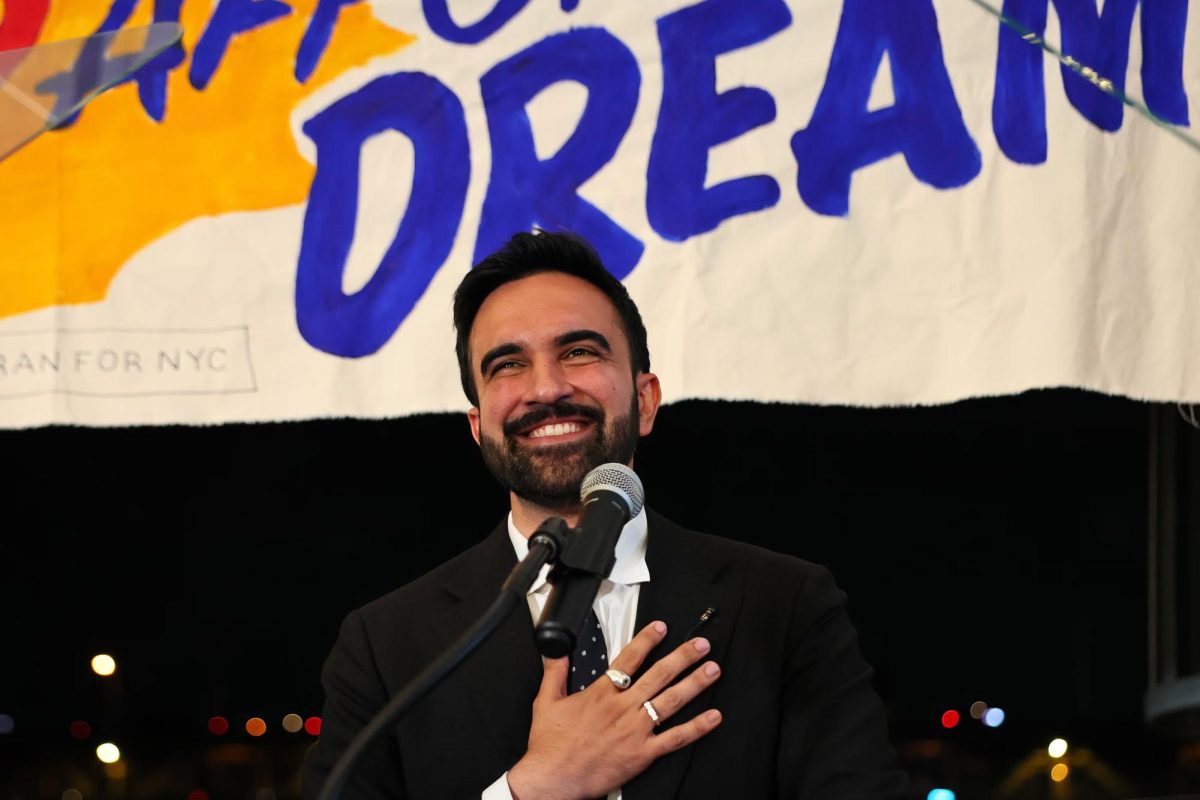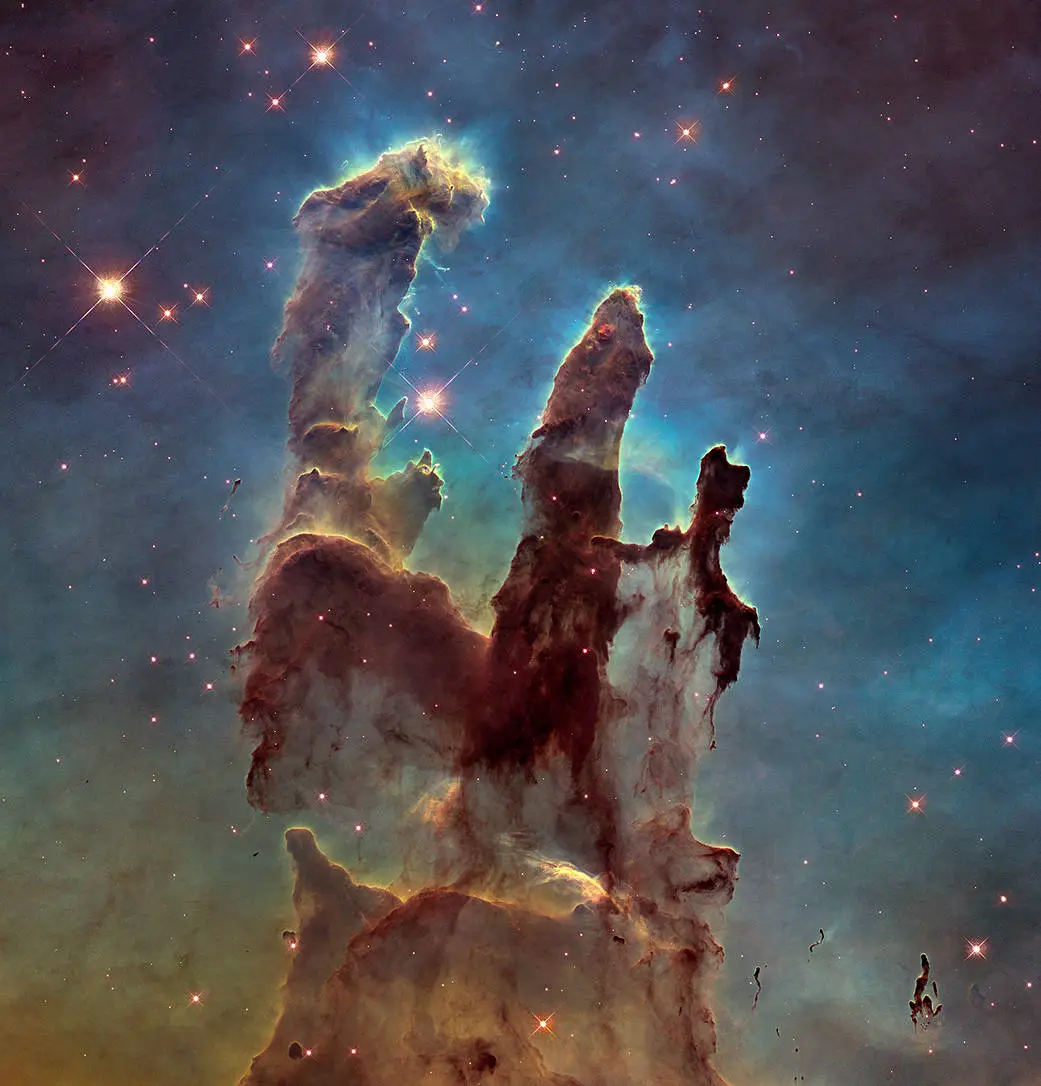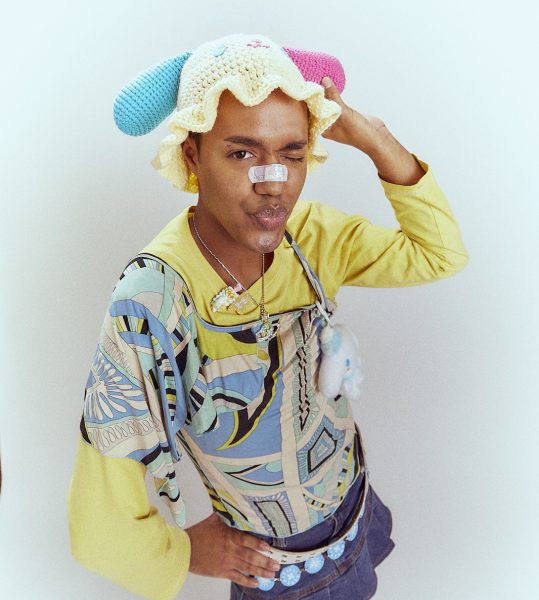“The importance of Black culture lies in its significant contributions to the world in various realms, as well as its role in fostering a sense of identity, resilience, and empowerment among Black individuals and communities (What is Black Culture All About?).”
This quote from Dope Black encapsulates the complex and sacredness of Black Culture for those in the diaspora. Still, the same unfortunately can be said for outsiders who adopt aspects of Black Culture for personal gain, self-fulfilling rebellion, profit, etc.
There are countless musical arts, reporters, and mega-conglomerate corporations using Black people’s internal language, our choices, and fashion styles that we are demeaned and look down on provide white people influence, prestige, and that cool factor black people so easily have inside. Decades of discrediting yet crucial need for black culture, I and many others ask: When do we reach the breaking point? As most are ready to crack.
Many instances from my lifetime insp
ired me to look at this. Still, it was a conversation that happens every 3 to 5 business days in black social media across platforms is “being invited to the cookout.” The concept comes when there is a white or non-black person participating in black culture like successfully rapping a Lil Baby verse or calling out racial disparities, a black person will give them the cosign saying, “You’re invited to the cookout.” The cookout refers to black spaces. In contrast, I do not want this article to come off as hating people coming together and embracing a culture outside of one’s own. But the problem I find is how easily we as black people invite others into our spaces and how those outside of the community think they can dare to invite themselves and decide other people’s blackness. Having a black partner, having black children, listening to black music, or knowing black dances does NOT amount or add up to being a black person. Zhoe Martin in her article for the Voyager details further on t
he problem saying “ Just because a White person has a Black partner, it doesn’t make that White person “invited to the cookout” because of their awareness of Black traditions, how much of an ally they are, or the amount of habits that Black people are typically “known” to do (for example, rap).” The concept is redundant and promotes blackness as a leveling game that is achievable by anyone.

Blackness is multidimensional, yes, but the starting point of it is genetics. The experiences of those with varying shades of brown skin, fuller features, and different accents move through a world very distinctly historically and in the current day. There are no brownie points outside the diaspora can earn to enter that experience. Yet, there are also those within the diaspora who try to make an open doorway for outside with their cosign for entry.
When I think of examples of people and cultural appropriation, what I find egregious is how they have a team behind them. Before she was in adult contemporary and buying herself flowers, ten years ago, Miley Cyrus tried to rebel from her Disney up-bringing by rocking braids, attempting to twerk, and surrounding herself with many powerful black men in the industry. Most of the songs on her Bangerz album were produced by Pharrell and Mike Will-Made-it, two influential men in popular music, especially during this era. Let me note that experimenting with other forms is not the core problem, but how one views and treats the influences they use. As time goes by, Miley interviewing with Billboard four years after the era, now making country music closer to her roots, in her soft dusty blonde hair and sweet colored dresses reflecting that time, “It is not ‘Come sit on my d*ck, suck on my c*ck.’ I cannot listen to that anymore.
That is what pushed me out of the hip-hop scene a little. It was too much ‘Lamborghini, got my Rolex, got a girl on my c*ck’ —I am so not that.” To Mile
y, she saw hip hop to an end and only saw the surface profit of it. Her album Bangerz was a massive success and took her career to the next level, and once she went up, she abandoned and demeaned the people that the sound is the home and our whole world. Yet, this is not a cautionary tale for black men in the industry.
The story is interchangeable, some examples being Ariana Grande practically embodying the personality of her songwriter Victoria Monet and producer Tommy Brown or the sad excuses of rappers like Iggy Azalea and Bhad Baby rapping with Blaccents. Black men have been and continue to be at the crime scene of these heinous acts.
Another aspect of how those on the inside can cosign a
trocities is through proximity to the black community, especially in urban areas. Jersey City and its neighboring New York City are both places noted for being a melting pot of different cultures. It is beautiful how the variety of food, fashion, language, social practices, and much more can exist adjacent to each other and even mix and mingle. However, the trouble comes in with how the lines blur and people take other group’s issues and take them on as one’s own.
These cities have a reputation for their non-black population going too inward into black culture such as saying the N-word. A close friend and peer from my county pointed out how “nonblacks and poor whites through industrialization and redlining, are close to black culture to the point where they see themselves as just as or even more black where they can say the n-word or dictating what’s black or not.” This comes from her perspective, being a black girl from the suburbs where she would check non-black people for their use of the derogatory term, those outsiders would fire back at her with the audacity to say she is not black due to being from the suburbs. Nonblacks get caught up in consuming and infiltrating our culture and its intricacies, yet their parents and grandparents do not think of black people as human?
What can be taken away from this? I am side eyeing everybody involved. Black Culture is sacred, an anomaly, it contains many faces and perspectives that are what drive popular culture and the zeitgeist. But yet those who do not walk in Blackness pick and choose and profit from it without giving the originators credit. They continue to use Black Culture as a jump-off point, so why do we keep inviting outsiders into our target space?






